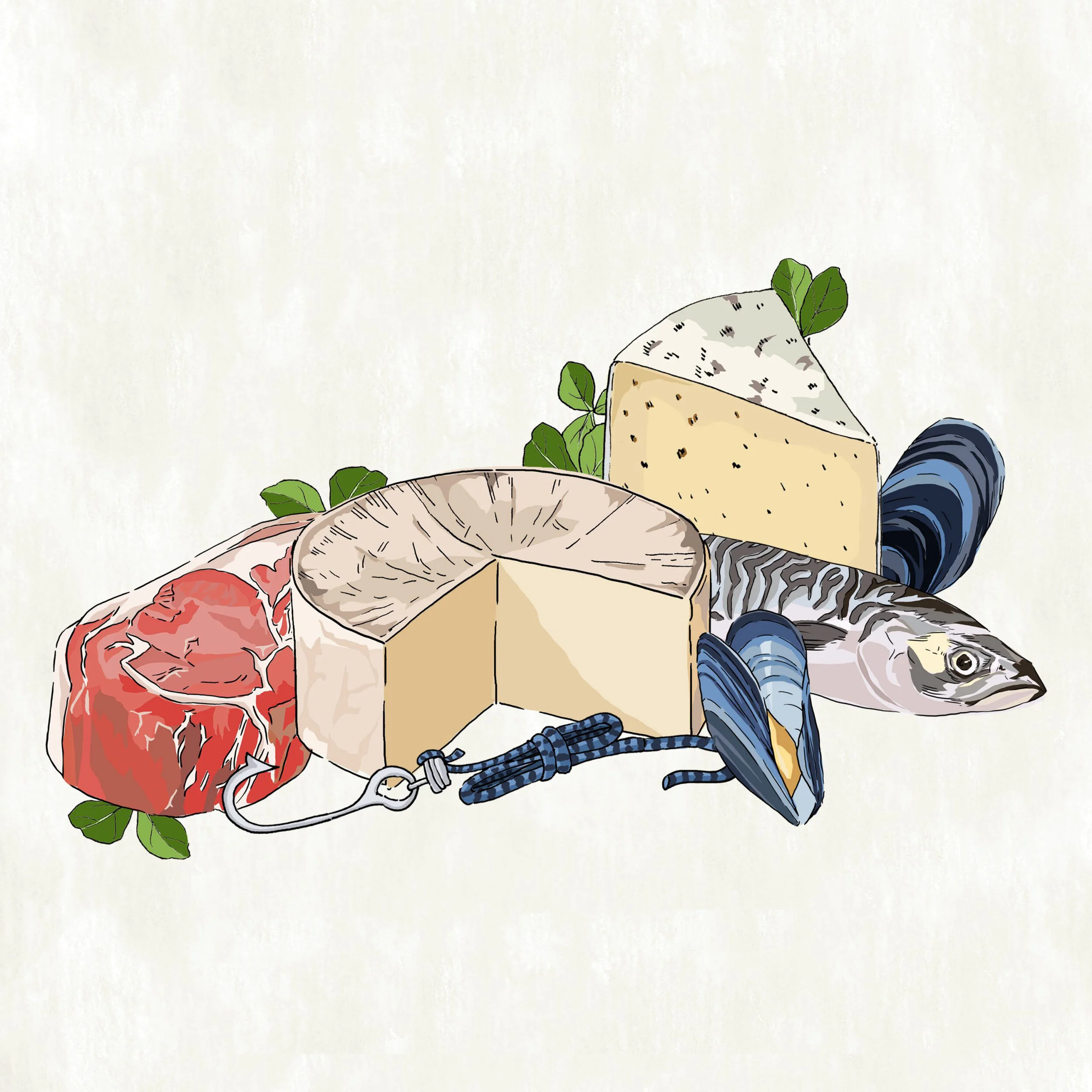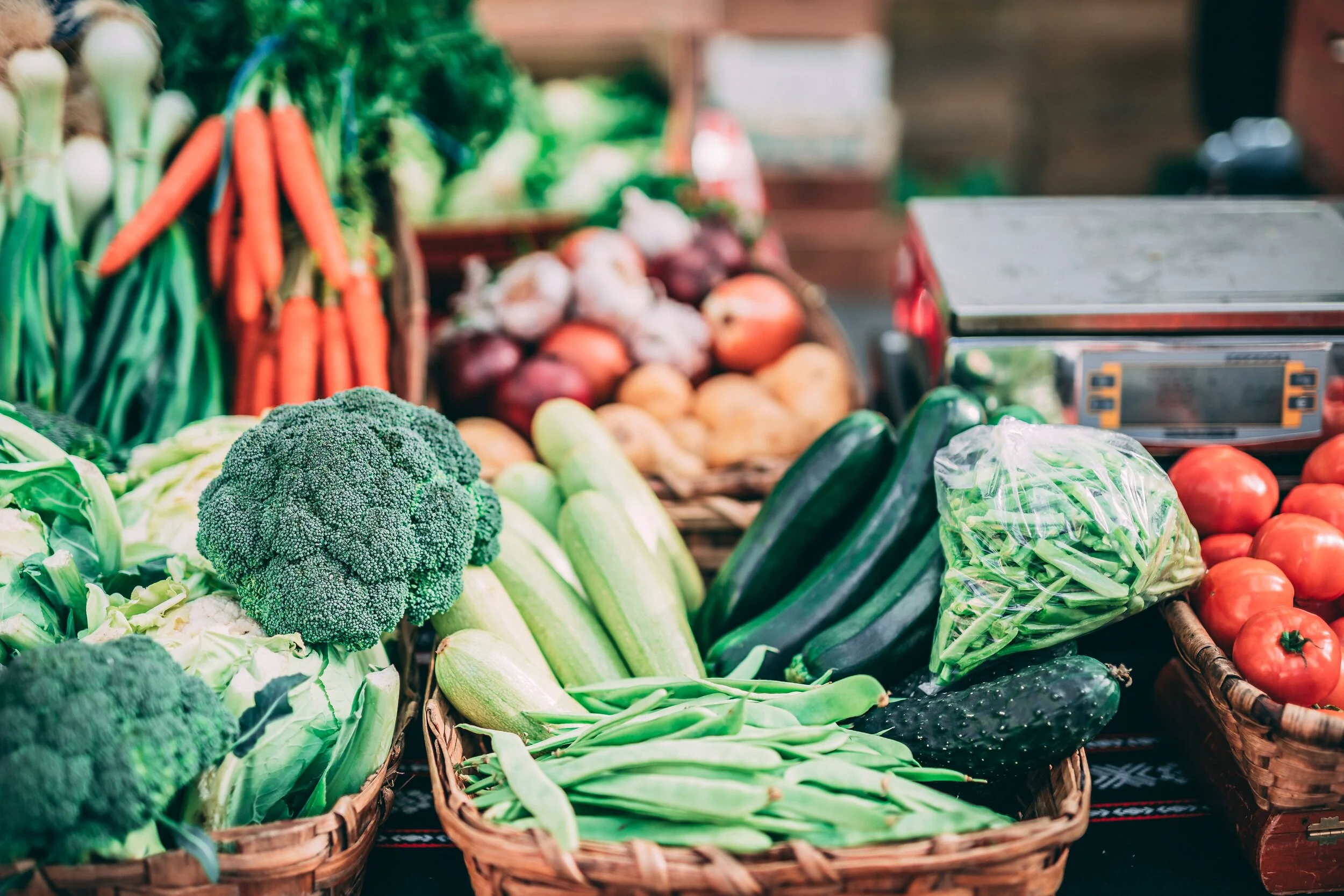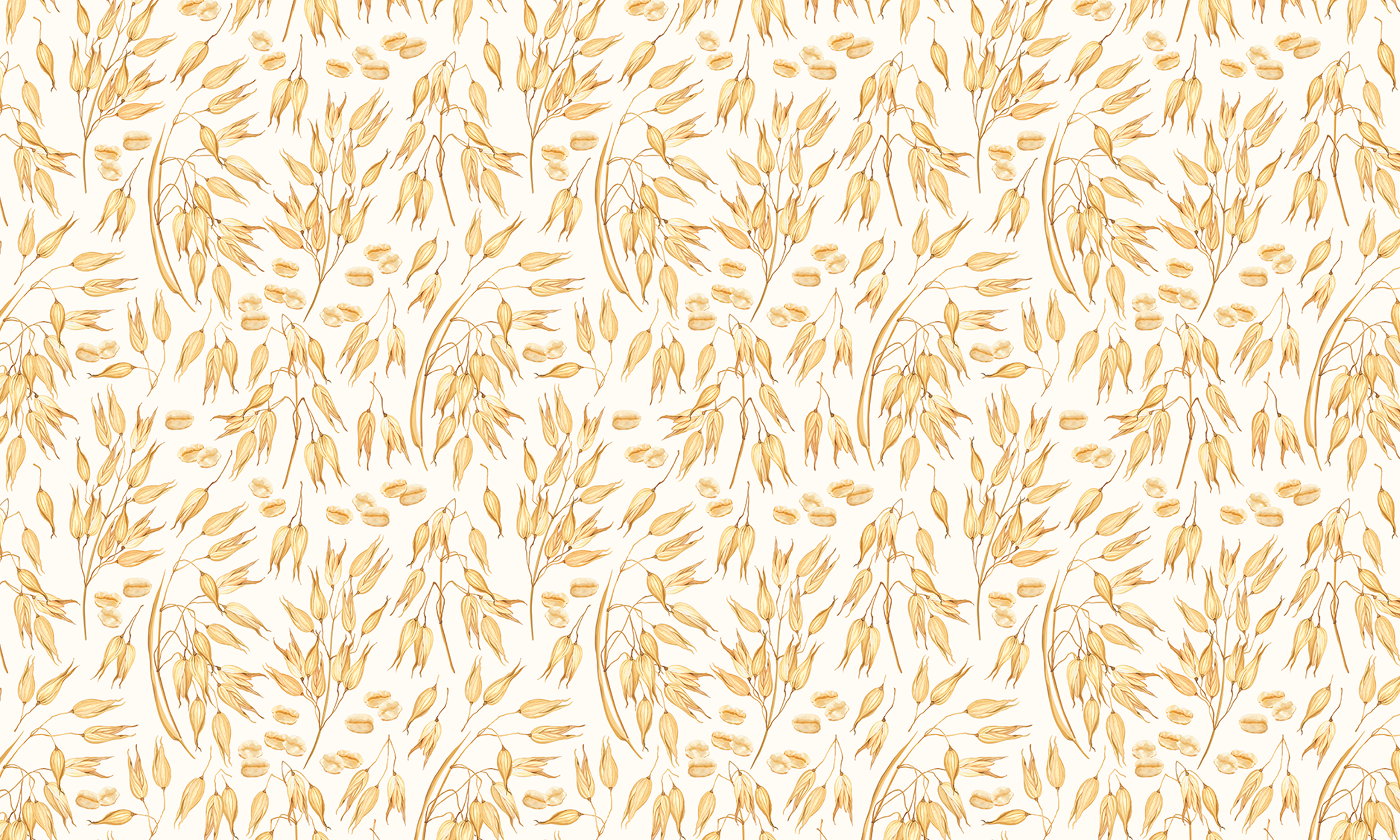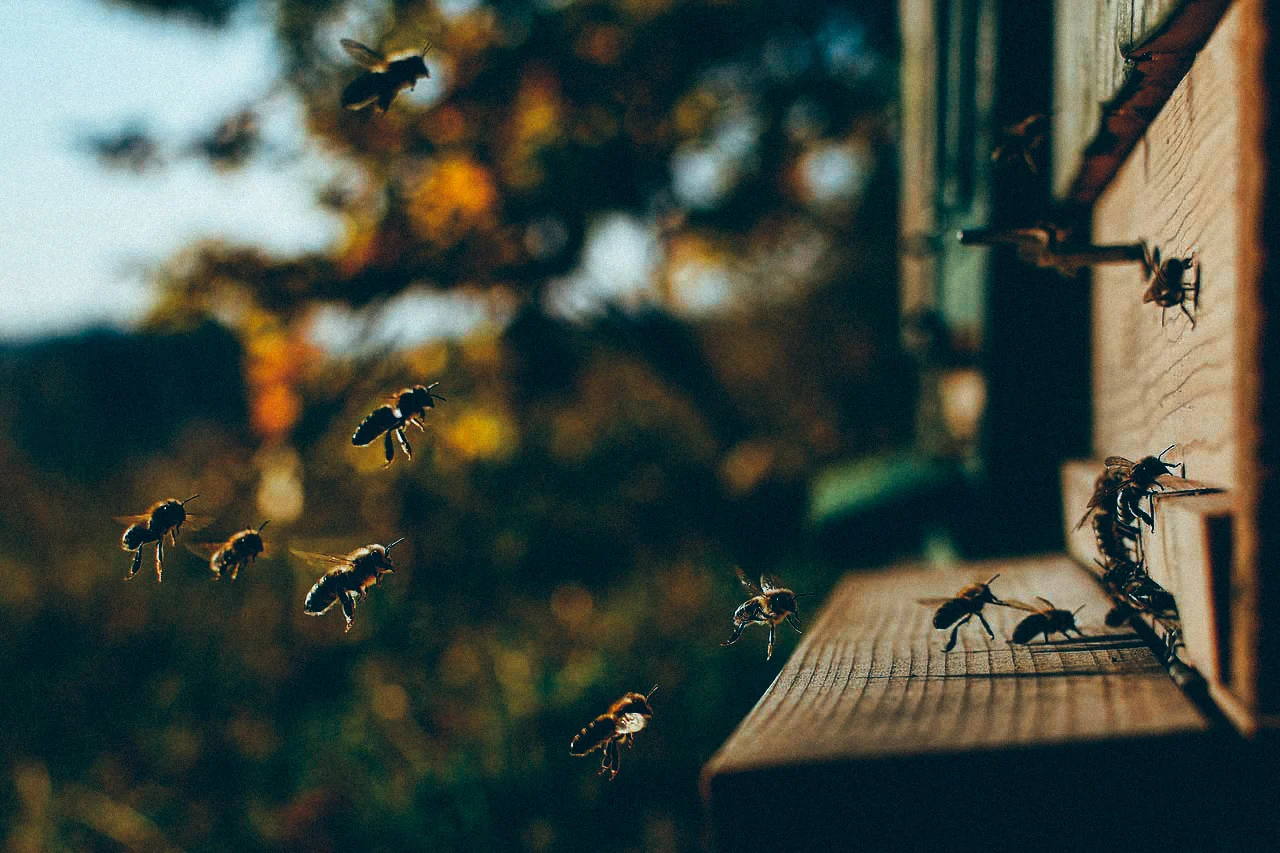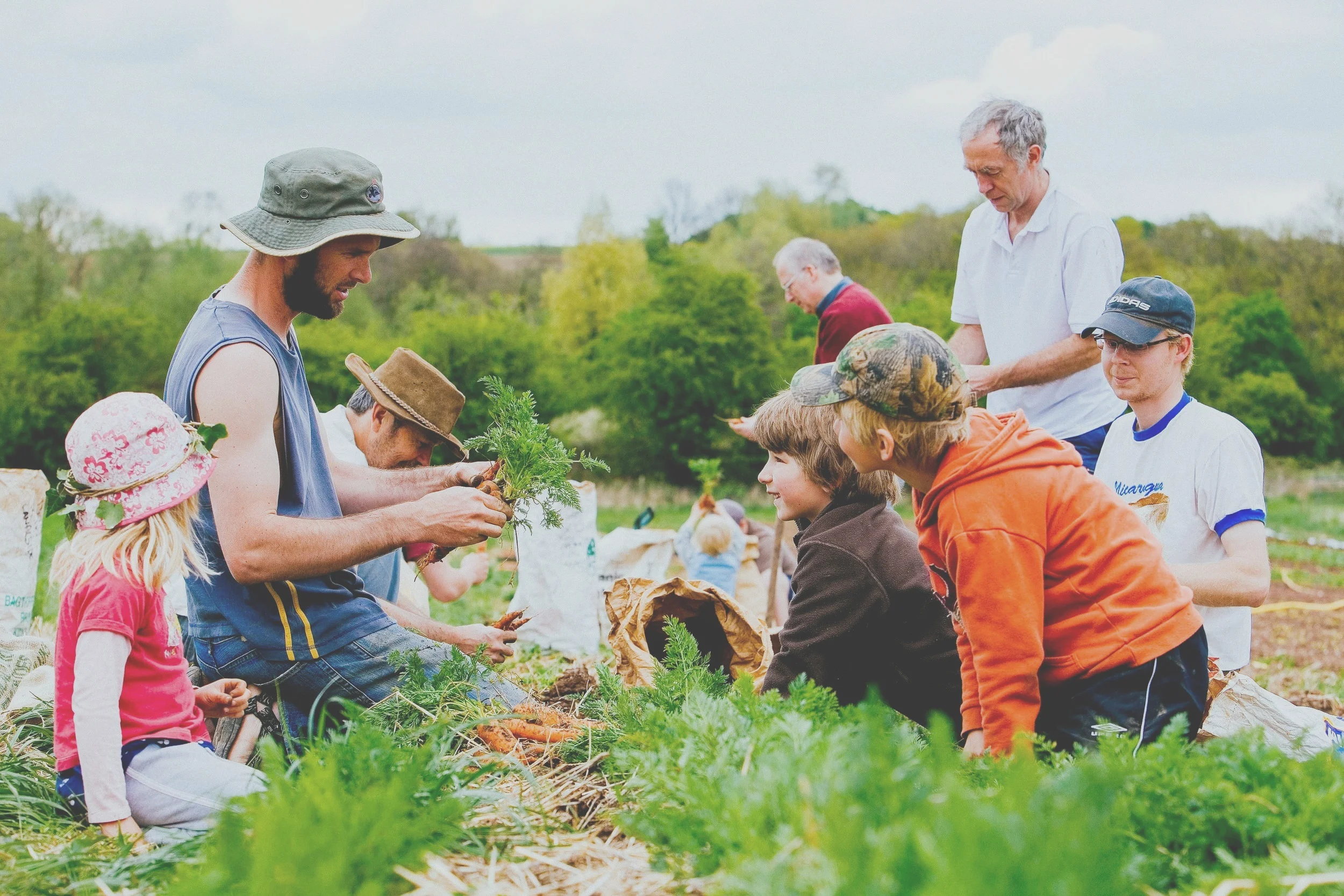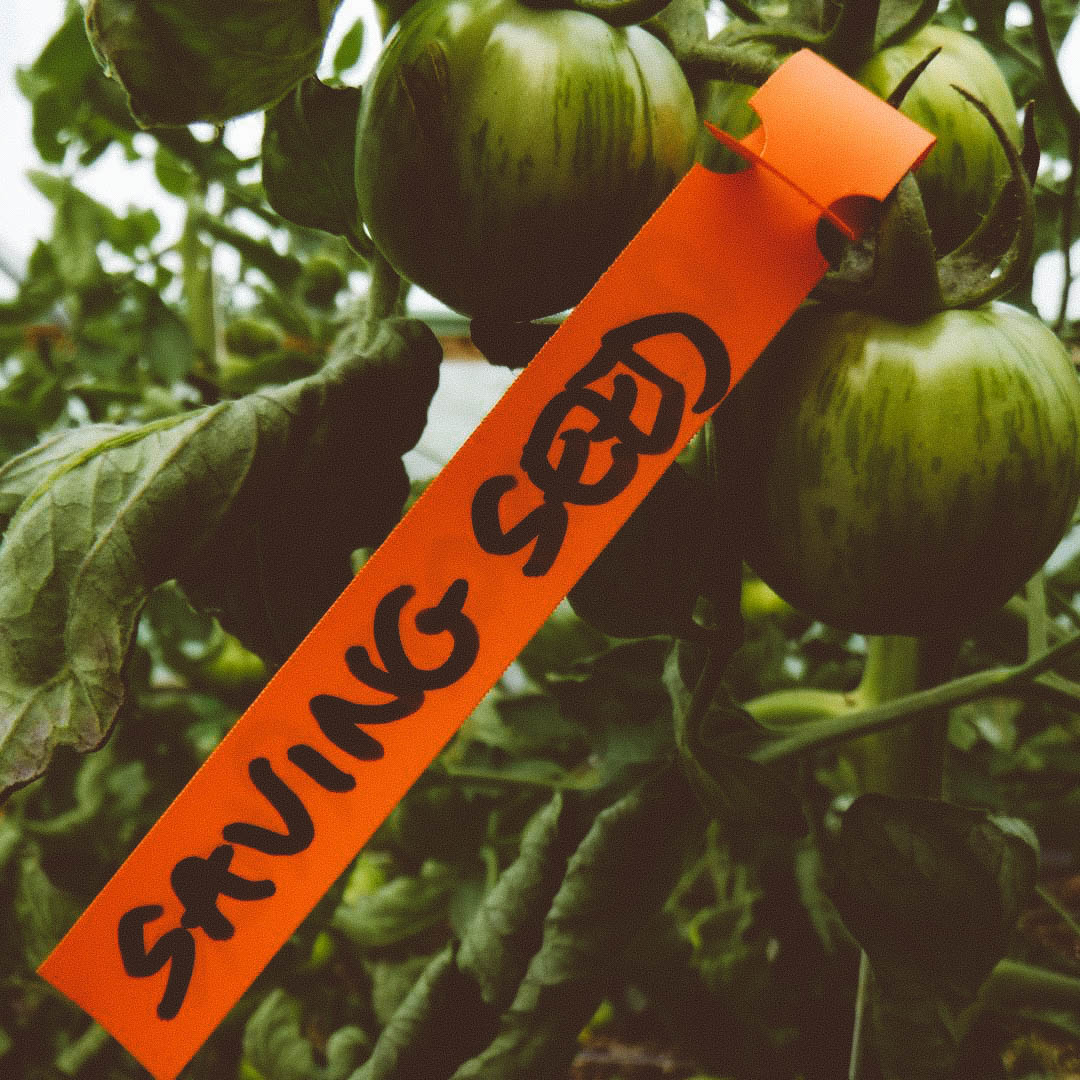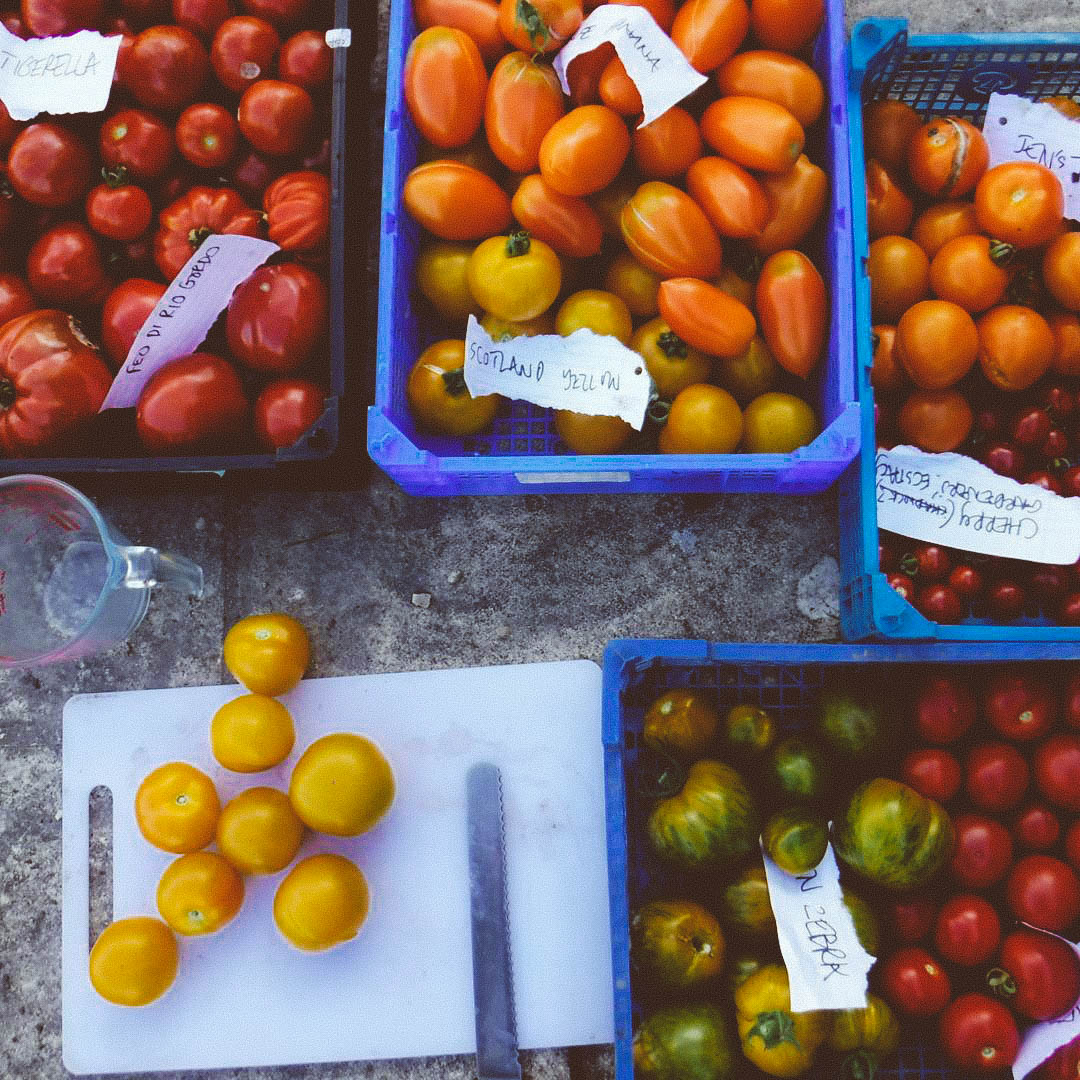Written by Steph Wetherell from Landworkers Alliance. This blog post is part of the Farming the Future series. Their project; An Agroecologial Mentorship Network is a collaboration with the Ecological Land Cooperative and the CSA Network UK.
Each month, the A Team Foundation will be showcasing a grantee from the fund and how the support is helping to achieve their goals and ambitions.
New entrants to farming face a perfect storm of barriers. From inflated land prices to a lack of training opportunities, high capital costs to challenges accessing the market, building a strong and sustainable farming business is difficult. Yet we need a huge number of new farmers; in 2017, a third of all farm-holders were over the age of 65 and only 3% were under 35 years old. So how do we cultivate and support new entrants through this process?
The Landworkers’ Alliance is a union of farmers, foresters and landworkers with a mission to improve the livelihoods of our members and create a better food and land-use system for everyone. Alongside our policy and lobbying work, we work to provide practical support and assistance to our members – from training to network building.
One of the key issues that we have identified over the last few years was that the first five years of running a farming business is key. People may have experience growing or farming in another business, but running your own independent business can be really challenging. Suddenly, in addition to the practical skills you need, you are faced with the potential obstacles of marketing, sales, distribution and finance. In addition, things don’t always work out as planned and it may be necessary to change the way you work – explore new routes to market, find additional customers, or diversify or expand your production.
Alongside this we have a network of experienced practitioners who have learnt a huge amount along their farming journey and have a lot to share with new entrants. People who have made mistakes, found successes and ultimately built a strong and sustainable business. The question then became how to best match up the need with the opportunity.
Inspired by a scheme running in Canada, we undertook a feasibility study into running a mentoring programme for new entrant farmers. Looking at the Canadian scheme, along with the Making a Living From Local Food scheme run by Nourish in Scotland, and other mentoring programmes, we developed a plan for a similar UK wide programme. We teamed up with the CSA Network and the Ecological Land Cooperative to apply for funding from the Farming the Future programme, and then joined with the Organic Growers Alliance who had also been considering a mentoring programme, meaning we could run a larger two year pilot programme. Working as a collective to run the programme has brought a richness to the offering – both in terms of the experience of the steering group in designing of the programme, but also in terms of contacts and expertise in terms of the people we were able to recruit to act as mentors.
Learning from the Nourish programme, we incorporated group mentoring into our design. The ability to meet other local new entrants and learn from them as well as your mentor (plus the possibility of ongoing peer mentoring from within this group), felt like a perfect balance to the dedicated one-on-one hours. Everything was tied together with a group gathering where all the mentees and mentors would meet for a day of community building.
We launched the programme, selected the mentees, found experienced mentors and organised the group gathering… and then Covid-19 struck - everything was up in the air. Thankfully with a good chunk of work, and flexibility from the mentees and mentors, the scheme was adapted for the lockdown restrictions. The in-person group gathering became an online event, with mentors receiving three hours of training in the morning, and the mentees gathering to meet each other and learn about the other participants journeys in the afternoon. Unfortunately a few mentees were not able to take part in the scheme this year, needing to focus on the changes that the Covid-19 pandemic created, but 14 mentees have spent the last six months being mentored, and have a further three months left before the end of the scheme.
To fit around differing needs during lockdown and physical distancing, groups were given the choice of how and when they structured the mentoring. Some opted to dive into online mentoring, others waited until they were able to meet up face to face. There were also a few exceptions to the group mentoring setup, where mentee’s location or sector meant there was no appropriate group for them to be part of. In this case, they were offered an increased amount of one-on-one mentoring instead, allowing them access to the expertise that’s appropriate to them.
Feedback has been really positive from the participants this year:
“I was able to develop a great relationship with my Mentor which I would hope to maintain and nourish. His openness and willingness to share both his knowledge and intimate/crucial details of his own business operation is refreshing and invaluable.”
“The mentoring programme helped us to set 3 clear goals for this year: find, by the end of the season, where we are going to grow for the long term (we currently rent our site), reach a certain turnover target, determine what essential investments we need to do on our current site to make the growing season a success. Our mentors gave us the confidence to look for different sites options and we ended up putting an offer for the land we are currently renting (the offer has been accepted). We reached 75% of our target turnover with 6 months left in the year. We have a clearer vision about the priority investments to be made”
AUTHOR: STEPH WETHERELL
Steph coordinates the national Farm Mentoring Programme and UK Farmstart Network for the Landworkers’ Alliance, a national union that is working to support small-scale agroecological farmers and landworkers.
Steph is also writer at The Locavore, a journal that enabled her to connect with local food around the city of Bristol. This work led her to coordinate Bristol Food Producers, a network of local growers, producers, retailers, distributors, restaurants and supporters who are working to increase the amount of local food produced in and around the city.









